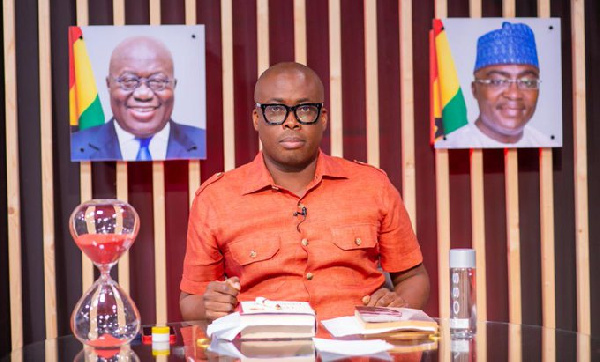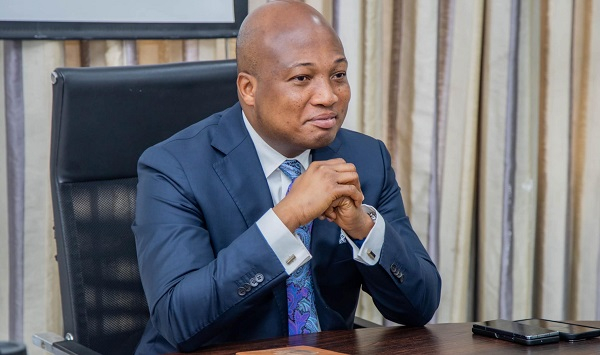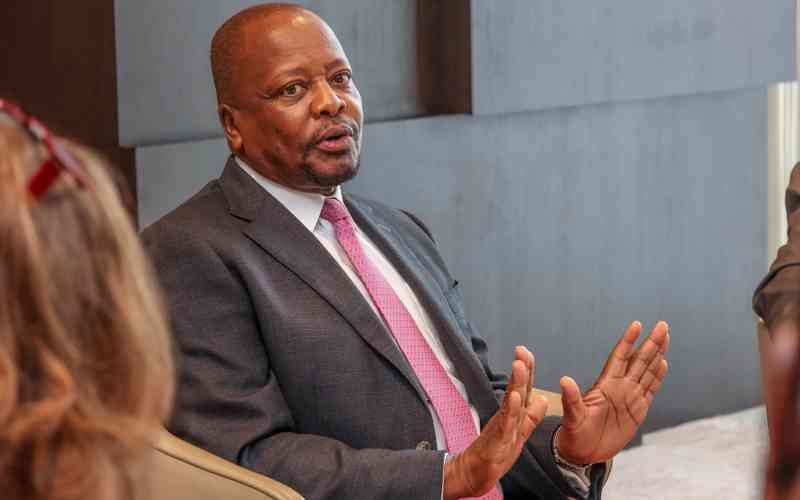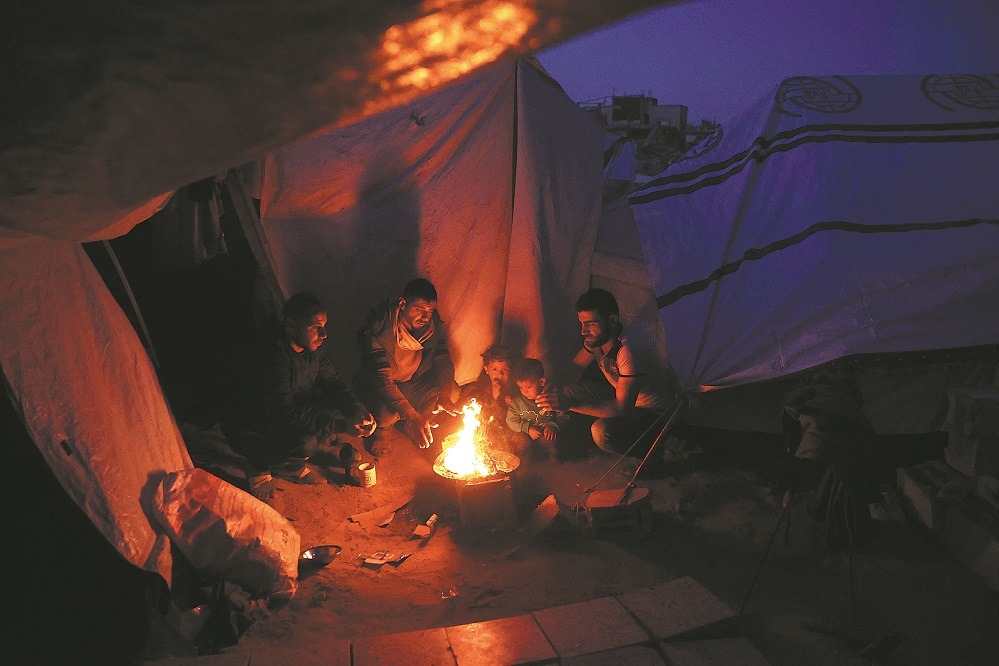Israel-Gaza conflict and DRC rebel advancements

Recent developments in the Israeli-Palestinian conflict and the Democratic Republic of Congo (DRC) highlight escalating tensions and humanitarian concerns in both regions. In Gaza, Israeli Energy Minister Eli Cohen announced a complete halt of electricity supply to the Gaza Strip in response to the hostage situation involving Hamas. This decision, revealed on Sunday, aims to pressure Hamas to release the hostages and dismantle its presence in Gaza. According to Minister Cohen, "I just signed an order for the immediate halt of electricity to the Gaza Strip. We will operate all of the tools at our disposal to ensure the return of all the hostages and to guarantee that Hamas is not in Gaza for ‘the day after.’"
The electricity cutoff is part of a broader strategy that includes ongoing ceasefire negotiations and a blockade on aid entering Gaza, initiated the previous week. Hamas has called for immediate discussions on the second phase of a ceasefire agreement, an approach Israel opposes. Instead, Israel seeks to prolong the initial phase to facilitate further hostage exchanges without committing to a permanent end to the conflict. Despite these tensions, Israel has agreed to send a delegation to Doha for US-backed mediation talks, signaling a willingness to explore negotiated solutions before potentially resuming military operations in Gaza. An Israeli source indicated, "Israel is ‘giving negotiations a chance’ before resuming military operations in Gaza."
Meanwhile, in the Democratic Republic of Congo, the M23 armed group has expanded its control in the mineral-rich eastern region, capturing key cities such as Goma and Bukavu in North and South Kivu provinces. Security sources reported that M23 rebels, allegedly backed by Rwanda, have advanced into Nyabiondo village, approximately 100km north of Goma, positioning themselves towards the strategic town of Walikale. Al Jazeera’s Alain Uaykani noted the significance of Walikale, stating, "Walikale is very important for the government as it is the only place where the government has the industrial mine from which they are getting millions of tax payments."
In a significant blow to government forces, the Group Kabido, an armed group allied with the government, has defected to the M23. This defection underscores the disorganization within the DRC army, which the M23 is exploiting. Uaykani commented, "This is showing the disorganisation within the DRC army, and the M23 is taking advantage of this situation on the ground." A second group also defected shortly after. The United Nations Office for the Coordination of Humanitarian Affairs (OCHA) reported that recent fighting between M23 and rival groups in the Masisi district resulted in at least four civilian deaths and displaced over 100,000 people in Lubero.
In response to the escalating crisis, DRC authorities have offered a $5 million reward for information leading to the arrest of M23 rebel leaders, including Corneille Nangaa, Bertrand Bisimwa, and Sultani Makenga. These leaders were tried in absentia and sentenced to death in August 2024. Additionally, a $4 million reward is offered for information leading to the arrest of their accomplices. The conflict in eastern DRC has resulted in over 7,000 deaths since January, with a significant number of civilian casualties. The M23 is one of over 200 armed groups vying for control of the region's minerals, and its resurgence since 2021 has led to the seizure of large territories in North Kivu. The United Nations and the United States have accused Rwanda of supporting the M23, allegations Kigali denies.











